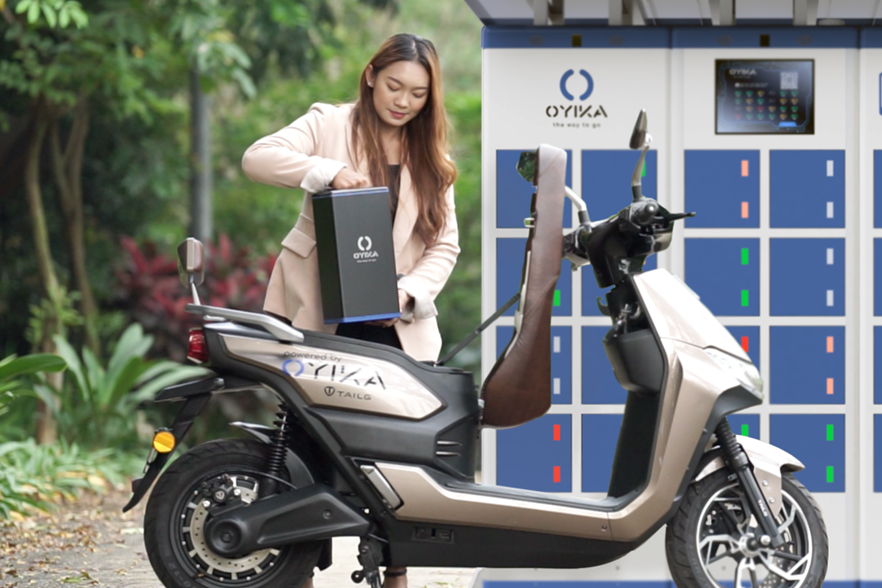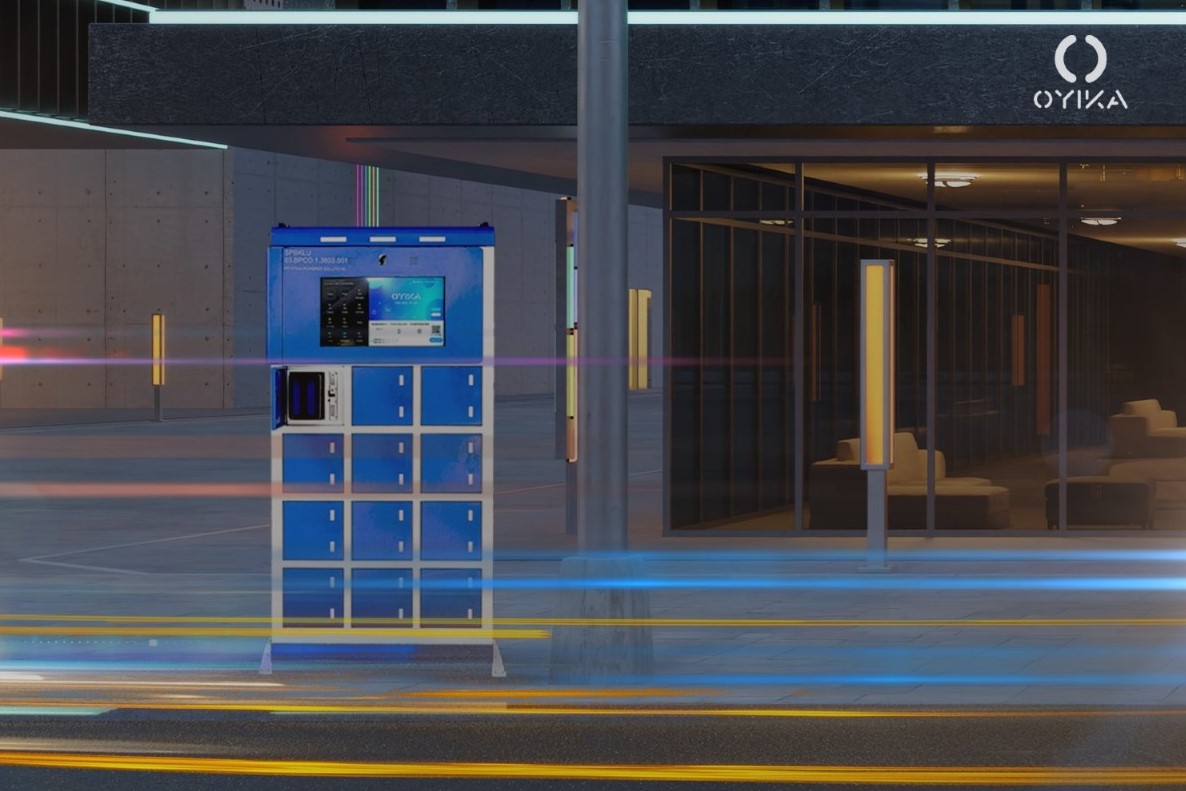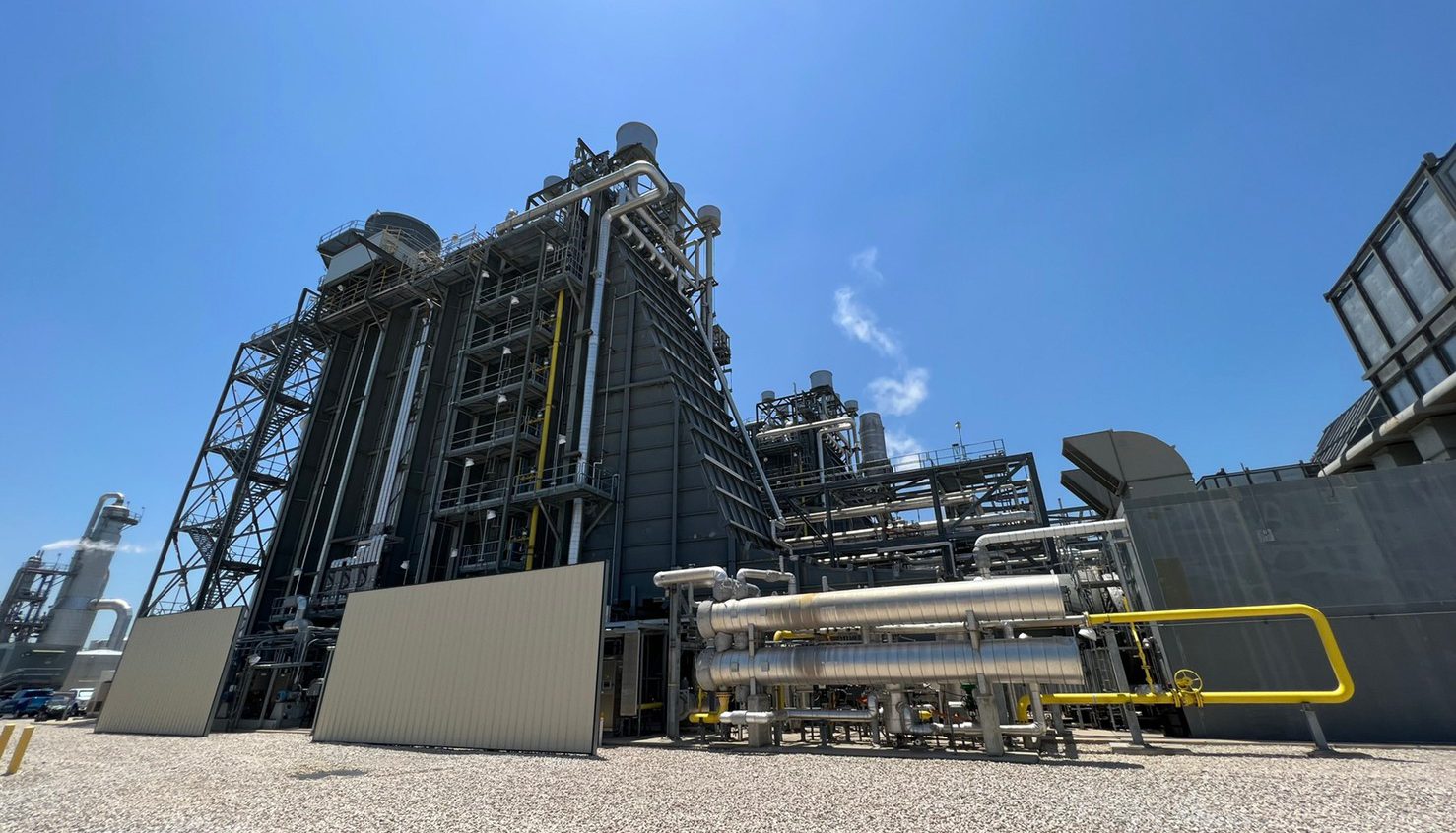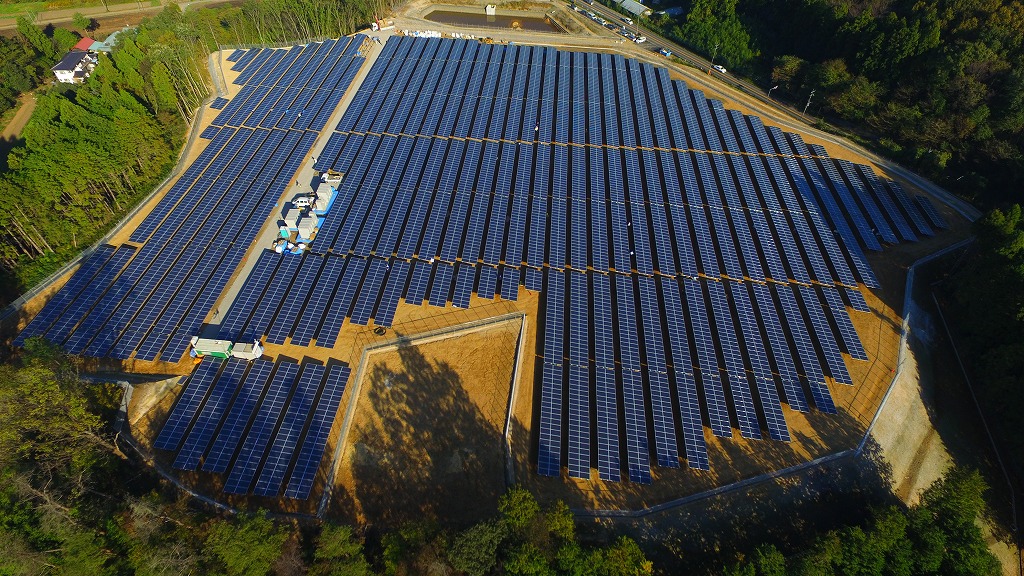BPP Records Favorable Q1 Net Profit of THB 2,000 Million, Securing Solid Cash Flow
- HPC power plant continues to generate profits.
- Investment expansion in the energy technology business, especially batteries and e-mobility to strengthen BPP’s business ecosystem.
Banpu Power Public Company Limited (BPP), an international quality power generating company committed to delivering sustainable energy under the “Powering Energy Sustainability with Quality Megawatts” concept, recently reported robust cash flow in the first quarter. The impressive results were primarily driven by the performance of the HPC power plant, boasting an Equivalent Availability Factor (EAF) of up to 96%, and successful electricity sales in the U.S. market through the Temple I gas-fired power plant. Notably, BPP has consistently ensured the stability of its power plant operations. The combined heat and power (CHP) plants in China continued to generate profits even in the challenges of high energy costs and unseasonably warm weather. Additionally, the SLG power plant contributed to the Company’s bottom line through increased volume and electricity pricing in the wholesale electricity market in China and entering into a coal supply contract at favorable price. These achievements have strengthened BPP’s financial position, paving the way for further investments in the energy technology business as part of its Greener & Smarter strategy, which aims to achieve power generation capacity of 5,300 megawatts by 2025.

Mr. Kirana Limpaphayom, Chief Executive Officer of Banpu Power Public Company Limited, said, “BPP remains focused on ensuring the stability of power plant production and sustained cash flow. In the first quarter of 2023, BPP recorded revenue from the Temple I CCGT (combined cycle gas turbine) power plant in the U.S., which totaled THB 1,218 million, together with electricity sales of 1,069 GWh, reflecting a 42% increase compared to the same period last year. This growth can be attributed to the efficient management of the power plant, resulting in a low heat rate level which contributing to the plant’s favorable merit order. Additionally, BPP has been actively expanding its customer base in the retail US electricity sector. This strategic move positions the Company to capitalize on additional profit opportunities in the merchant power market. BPP is also fully committed to driving the transition towards greener energy production. The energy technology business, in particular, shows significant potential for expansion into other relevant businesses across the entire value chain, an approach that can strengthen synergies within BPP’s business ecosystem.”
BPP is continuing its investments in the energy technology sector through Banpu NEXT Co., Ltd. (Banpu NEXT) to reinforce its Greener & Smarter strategy. One notable project supporting this effort is the Iwate Tono — a utility-scale battery farm project in Japan, with a capacity of 58 megawatt-hours. Spanning approximately 3,000 square meters, this battery system was successfully installed, and the ongoing work includes construction of the electrical system and installation of various related equipment. These essential preparations are necessary before connecting the electrical power grid. This project is set for completion by 2025, enabling BPP to venture into the energy trading business as part of its future expansion plans. Importantly, the project has the strong support of the Japanese government as it aligns with their efforts to promote clean energy use while achieving their ambitious carbon neutrality goals.


BPP has also made an investment in Oyika, a startup based in Singapore that specializes in battery swapping solutions for electric motorcycles. Oyika has established a robust network of battery swapping stations in Cambodia, Indonesia, and Malaysia, and is actively preparing to expand its services to Thailand and other Southeast Asian countries. Recognizing the potential benefits, Banpu NEXT has actively explored ways to incorporate Oyika’s solutions into its e-mobility business, aiming to enhance the experience for its customers.
For the first quarter of 2023, BPP reported a solid performance with net profit of THB 2,114 million, a decrease of 28% compared to the same period last year because in 1Q2022 there was a recognition of gain on sales of investment. Additionally, BPP achieved an operating profit before interest, tax, depreciation, and amortization (EBITDA) of THB 2,302 million.


“BPP is dedicated to operating in accordance with sustainability guidelines or ESG principles across all of our operations, taking important steps to foster growth while investing in greener and smarter businesses. By incorporating advanced technologies and innovations into our existing power plant portfolio, we aim to improve operational efficiencies and minimize carbon dioxide emissions. Our relentless pursuit of sustainable growth will generate significant value and returns for our investors and stakeholders across various sectors in the long run,” concluded Mr. Kirana.
Learn more about BPP’s businesses at www.banpupower.com.
###
BPP’s power plants and projects as of 31 March 2023
| Power plants and projects |
Operating power plants |
Projects under development | |
| Number (plants/projects) | 40 | 38 | 2 |
| Generating capacity (MW) on an equity basis | 3,311 | 3,135 | 176 |
# # #
About BPP
Banpu Power Public Company Limited (BPP), an international quality power generating company, is committed to delivering sustainable energy through its concept “Powering Energy Sustainability with Quality Megawatts.” The Company generates and distributes power in the Asia-Pacific region, including Thailand, Laos, China, Japan, Vietnam, Indonesia, Australia and the U.S. For more than two decades, BPP has been committed to operational excellence to achieve efficient power generation while deploying high-efficiency, low-emissions (HELE) technologies that are safe and environmentally sound in accordance with its Greener & Smarter strategy. The Company is continuously moving forward to reach a total equity-based power generation capacity of 5,300 MW within 2025.



